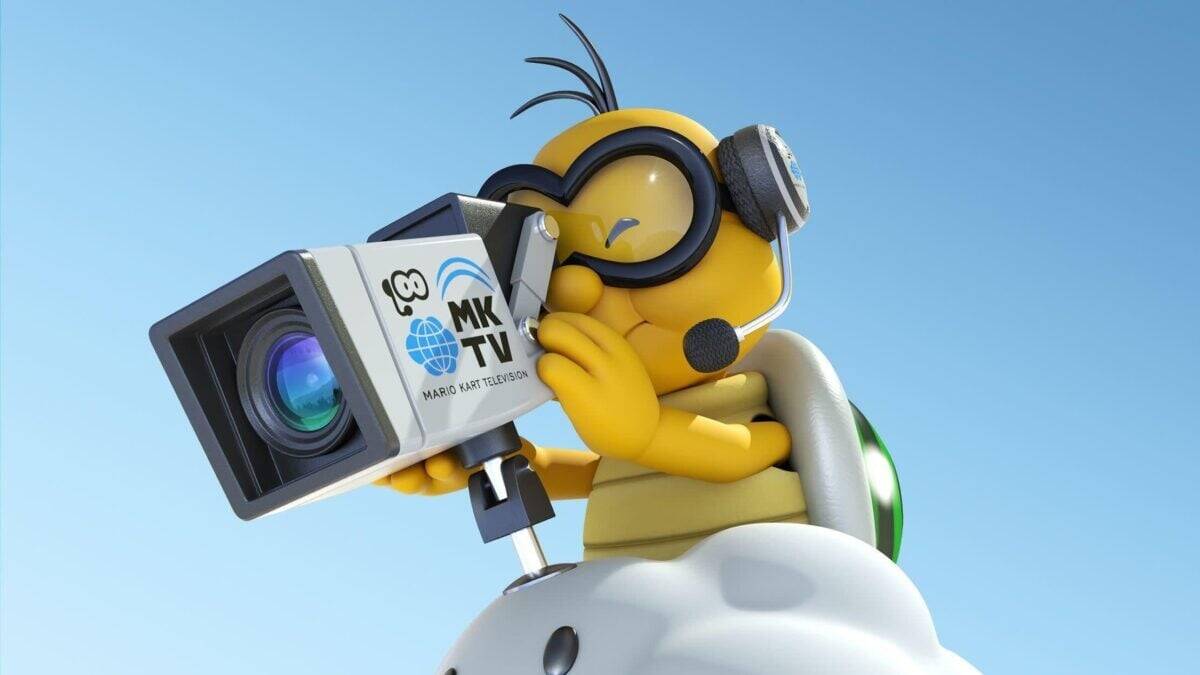Talented creators say the darndest things. The latest one to put his foot in his mouth is George Miller, director of the very good, fantastic, wonderful girl-power post-apocalyptic action film Mad Max: Fury Road, as well as many other great movies. Speaking at an Australian AI film festival (they generated a festival?), homeboy opened his mouth to proudly declare that “AI is here to stay.”
It seems the room did not erupt into chants of “What do we want? Free labor! Plagiarism! Ecological collapse! When do we want it? Now!” to the sounds of Shinra-esque data centers sucking the planet dry. But in his interview with The Guardian (h/t real person Megan Garside at GamesRadar), the famed filmmaker said: “AI is arguably the most dynamically evolving tool in making moving image. As a filmmaker, I’ve always been driven by the tools.”
But okay, let’s hold off on the pitchforks and torches for a second and hear the writer and producer of Babe out:
It’s the balance between human creativity and machine capability, that’s what the debate and the anxiety is about […] It strikes me how this debate echoes earlier moments in art history.
Miller went on to loosely deliver some pseudo-historical background, comparing AI’s rise to that of oil painting in the Renaissance and photography in the mid-19th century. “It will make screen storytelling available to anyone who has a calling to it,” Miller said, echoing the common pro-AI argument that it’s some kind of democratizing force. “[Kids not yet in their teens are] making films–or at least putting footage together. It’s way more egalitarian.”
There is a degree of truth to some of these statements, but it’s about time we’ve started to have a more honest conversation about the history of human technological development and the intentions of those who own these means of production. These same tools that, yes, may make it easier to mush together some ideas to produce a concept of a movie or piece of art, are not only doing so at extreme cost to the planet (and people’s energy bills). They’re also making it harder for aspiring creatives to make a living doing this work, as those deploying AI are largely doing so to replace functioning, compensated labor in creative endeavors (and other forms of work). Throwing a sentence at a machine to have it spit out a neat-looking idea might lower the barrier to entry, but I’m not sure how denying people the ability to make a living with their art by replacing their ability to make money by producing that art is more egalitarian.
And as to kids “not yet in their teens” making films? Steven Spielberg made his first “movie” when he was but a pre-teen himself, a boy scout earning a badge for an 8mm film, and that was after a youth spent filming model trains to recreate a scene from The Greatest Show on Earth. And he certainly wasn’t the only filmmaker doing such things at a young age.
So remind me again what AI is going to offer aspiring filmmakers that history has shown will already act on their passions? And if AI eats away at job opportunities for young filmmakers in a world where everyone’s just typing prompts into slop machines, how is this more egalitarian?

